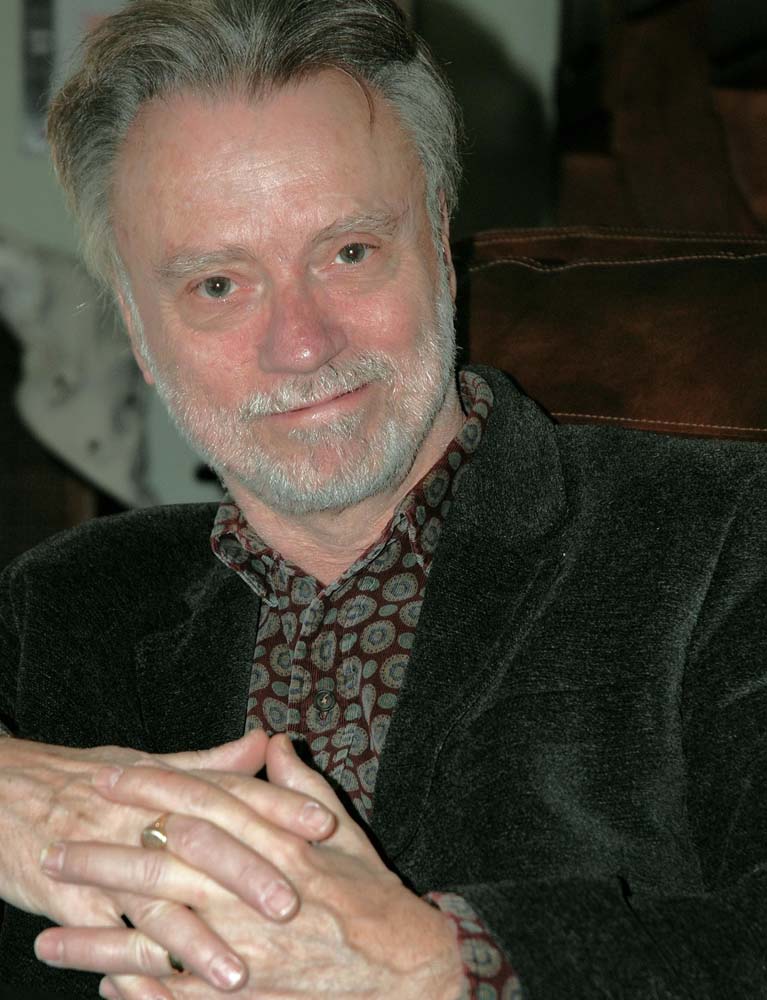
The great Canadian critic Northrop Frye, in his book The Secular Scripture, describes the forms that fiction has frequently taken since the Greek novels of the post-classical period. Frye calls all such fictions romances—the made-up stories we tell because we like them, as opposed to the sacred stories and histories we take to be true. The common matter of romances has persisted with remarkable consistency for two thousand years or so: adventures, love stories, brothers and sisters parted, pirates and shipwreck or their later cognates, heroes whose ancestry is unknown, quests for treasure or reward. All these (and other) motifs can be traced in realistic modern fiction as well as in old tales—Frye calls this displacement. Recognizing the pull—sometimes unconscious—of these modes and tropes helps understand how to use them.
John Crowley began publishing novels in 1975. He is a recipient of the American Academy and Institute of Letters Award for Literature and the World Fantasy Lifetime Achievement Award. His books include Little, Big; the Ægypt Cycle of Magical History (The Solitudes, Love & Sleep, Dæmonomania, Endless Things); The Translator (winner of the Premio Flaiano, Italy); and Lord Byron’s Novel: The Evening Land. His most recent novel is Four Freedoms, about building a giant warplane in the 1940s. He teaches fiction writing and screenwriting at Yale University.